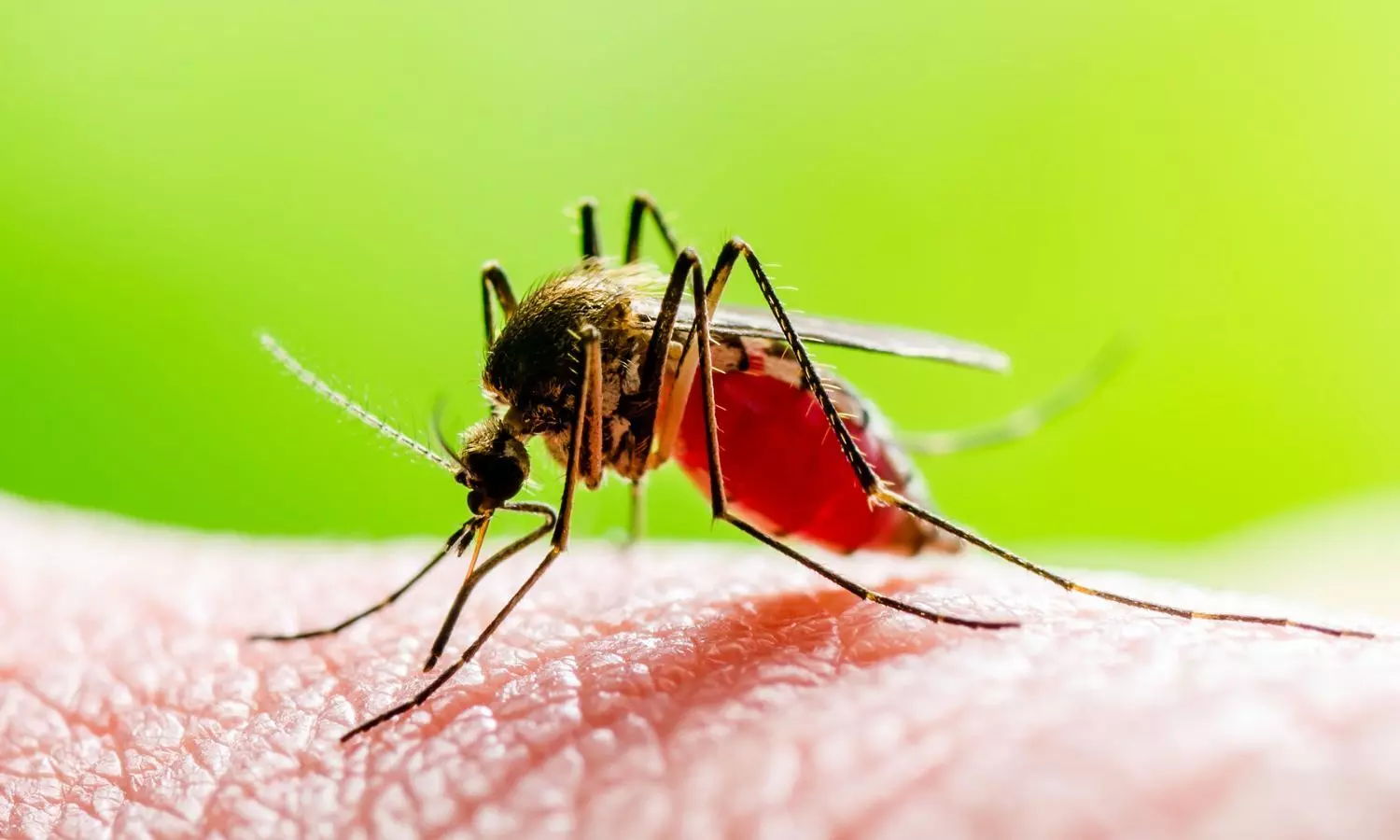Bangladesh reports 1,147 fresh dengue infections within 24 hours.

Dhaka: Bangladesh is facing a renewed surge in dengue fever cases, with 1,147 new infections and five deaths reported in the past 24 hours, according to the Ministry of Health. This brings the total number of dengue cases in November to 2,960, raising the overall count for the year to 72,822 cases and 288 deaths.
Dengue fever, once confined mainly to the monsoon months, is now spreading well beyond its usual June to September season. Health experts say this change is linked to shifting weather patterns and longer periods of rainfall.
The World Health Organization (WHO) describes dengue as a viral infection spread to humans through the bites of infected Aedes mosquitoes — mainly Aedes aegypti and, to a lesser extent, Aedes albopictus. The disease is most common in tropical and subtropical regions, especially in crowded urban and semi-urban areas.
There is currently no specific cure for dengue. However, early diagnosis, careful monitoring, and timely medical care can help prevent severe complications. Detecting warning signs and providing proper treatment can lower the death rate to less than one percent, health officials said.
Dengue was first recorded in Bangladesh in the 1960s, when the country was known as East Pakistan, and was then referred to as “Dacca fever.” Since 2010, dengue outbreaks have become a regular occurrence during the rainy season, as high temperatures and stagnant water create ideal breeding grounds for mosquitoes.
Climate change has further worsened the problem — increased rainfall, waterlogging, flooding, and rising temperatures have made conditions more favourable for mosquito breeding and the spread of diseases like dengue, malaria, and chikungunya.
Today, dengue is considered endemic in Bangladesh, meaning it occurs regularly and poses an ongoing public health challenge. The country has experienced several major outbreaks, with the largest recorded in 2019.
All four types of the dengue virus are present in Bangladesh. Until 2016, DENV1 and DENV2 were the most common, but in 2019 DENV3 became dominant. This year, DENV2 has re-emerged as the main strain, highlighting how the virus continues to evolve and spread.
Health experts stress the importance of mosquito control, improved sanitation, and public awareness to combat dengue and prevent future outbreaks in the country.


